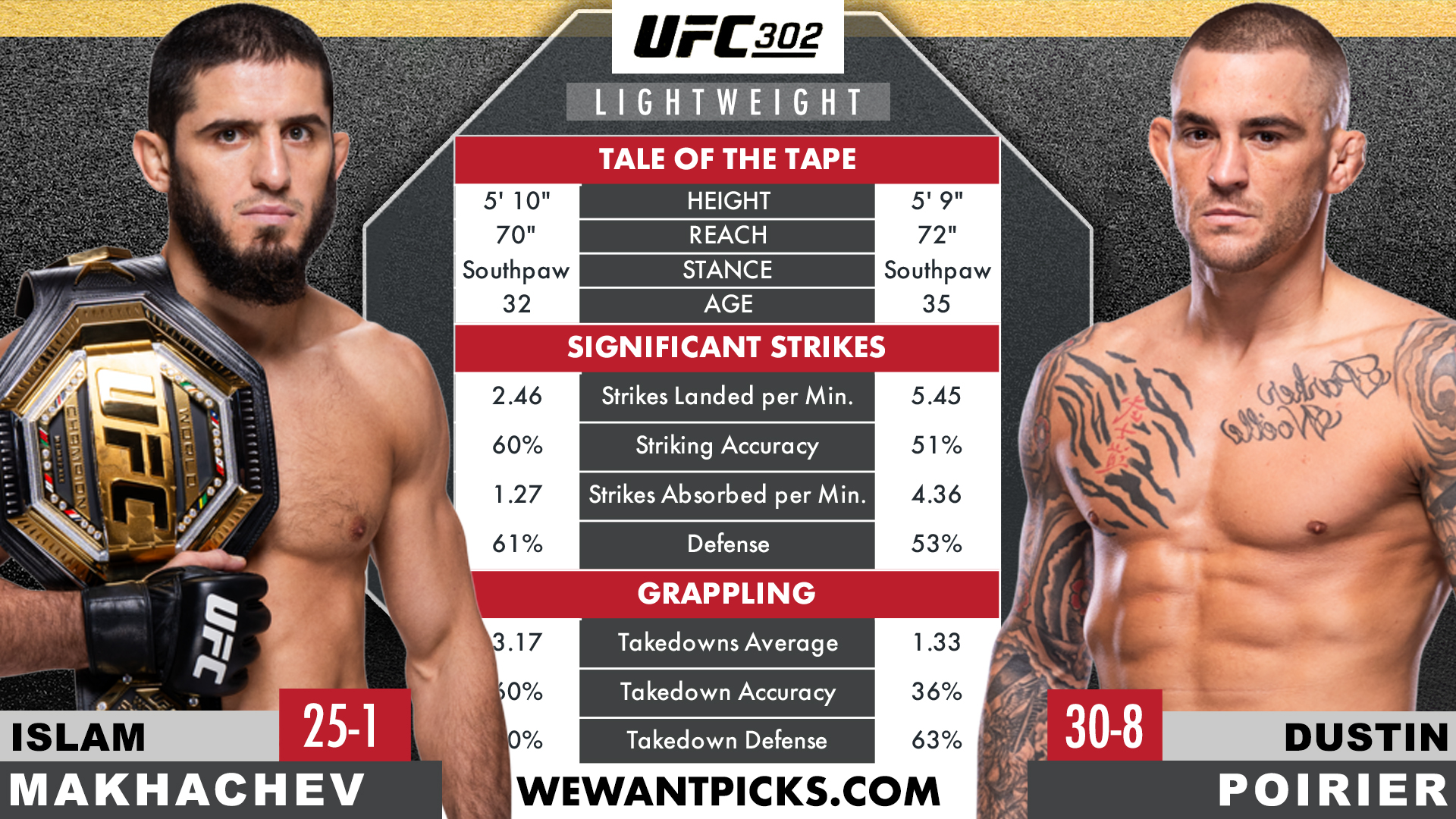Dustin Vs Islam Scorecards - A Close Look
The buzz around a potential matchup between Dustin and Islam has, you know, been something fight fans talk about quite a bit. When two athletes of their caliber step into the fighting space, the expectation is for something truly special, a contest that pushes the limits of skill and determination. Everyone who follows the sport, so, they are really eager to see how such a contest might unfold, especially when it comes to who comes out on top after all is said and done.
As the final bell rings, the attention, it quickly turns from the action inside the cage to the judges' tables. The scorecards, in a way, hold the fate of the competitors, deciding who gets their hand raised. For a bout as significant as one involving someone like Dustin and someone like Islam, the way those scores are tallied, it really matters, not just to the fighters, but to everyone watching, too.
What exactly goes into those official tallies, and why do opinions about the final "dustin vs islam scorecards" often vary so widely among viewers? We'll take a look at the system used to decide these contests, trying to get a clearer picture of how judges view the action and what might lead to some of the disagreements we often hear about, as a matter of fact.
Table of Contents
- Fighter Spotlight - Dustin Poirier
- Fighter Spotlight - Islam Makhachev
- What Are MMA Scorecards, Anyway?
- How Do Judges Tally Rounds?
- Why Do Opinions on Dustin vs Islam Scorecards Differ?
- The Impact of a Tight Round
- What Makes a Round Decisive?
- The Audience's Viewpoint
Fighter Spotlight - Dustin Poirier
Dustin Poirier, often called "The Diamond," is a fighter known for his resilience and impressive striking abilities. He has faced many of the sport's biggest names, showing a consistent drive to compete at the highest levels. His path in the sport has been marked by memorable battles and a reputation for putting on exciting shows for the crowd, you know, every time he steps into the fighting enclosure.
| Detail | Information |
|---|---|
| Common Name | Dustin "The Diamond" Poirier |
| Fighting Style | Primarily striking, good boxing |
| Notable Traits | Toughness, strong chin, power in his hands |
| Approach | Aggressive, seeks to finish opponents |
Fighter Spotlight - Islam Makhachev
Islam Makhachev, hailing from Dagestan, Russia, is widely recognized for his dominant grappling and control. He represents a different kind of challenge for opponents, relying on his wrestling skills to wear down and submit those he faces. His technique and strategic approach make him a formidable force, and he's, you know, often seen as a master of ground combat in the sport.
| Detail | Information |
|---|---|
| Common Name | Islam Makhachev |
| Fighting Style | Dominant wrestling and grappling |
| Notable Traits | Exceptional control, submission specialist |
| Approach | Systematic, aims to take opponents down and keep them there |
What Are MMA Scorecards, Anyway?
So, what exactly are these scorecards everyone talks about after a fight? Basically, they are the official documents where three appointed judges record their assessment of each round. For every round, each judge assigns a point value to each fighter, and these values are added up at the end of the match to decide the winner. It's, you know, how the contest is officially decided when it goes the full distance.
The system most commonly used is the "10-point must system." This means that the winner of a round must receive 10 points, while the losing fighter gets 9 points, or sometimes even fewer if they were, say, completely outmatched or suffered a knockdown. It's a way to distinguish between clear winners and those who were just slightly behind in a particular segment of the fight, that is.
This method aims to give a clear picture of who had the upper hand in each three or five-minute period. However, it's not always as straightforward as it sounds, as a matter of fact. The nuances of judging can make things a bit complex, especially when rounds are very close, or when different types of fighting are on display.
How Do Judges Tally Rounds?
When a judge tallies a round, they're looking at a few key things. The main areas they consider are effective striking and grappling, which means who landed the more impactful punches, kicks, or who controlled the ground exchanges. They also look at aggression, meaning who was pushing the pace and trying to finish the fight, and cage control, which is about who dictated where the action happened. It's, you know, a multi-faceted assessment.
The emphasis is usually on "effective" actions. So, a fighter who throws many punches but lands few, or whose strikes don't seem to cause much damage, might not get as much credit as someone who lands fewer, but more powerful, blows. Similarly, a quick takedown that leads nowhere might not be scored as highly as one that results in significant ground and pound or a submission attempt, you know.
Judges are trained to weigh these elements. They're trying to figure out who was truly superior in that specific segment of the match. This requires a sharp eye and a good grasp of the rules, and it's, basically, a job that requires a lot of focus and quick decisions.
Why Do Opinions on Dustin vs Islam Scorecards Differ?
It's very common for fans, commentators, and even other fighters to disagree with the official "dustin vs islam scorecards." This happens for a few reasons. One big factor is the subjective nature of judging. What one person considers "effective" or "significant" might be viewed differently by another, you know.
For instance, some observers might prioritize a fighter's striking output, even if it doesn't cause much visible damage, while others might value ground control more, even if it doesn't lead to a finish. This difference in what people consider important can really change how they see a round playing out. It's, like, everyone has their own lens through which they watch the action.
Also, the pace and nature of a fight can make judging tricky. In a fast-paced bout with many exchanges, it can be hard to keep track of every single impactful moment. And in a more strategic, slower fight, the subtle shifts in control might be missed by some, leading to different conclusions about who won which round, as a matter of fact.
The Impact of a Tight Round
A round that is very close, where both fighters have their moments, is often the cause of much debate when the "dustin vs islam scorecards" are read. In these situations, a judge's personal interpretation of what counts as "effective" becomes even more critical. A small detail, like one solid punch landed in the final seconds or a brief moment of ground control, can sway the decision for that particular round, you know.
These tight rounds are where the 10-9 system can sometimes feel a bit limiting. If one fighter just barely edges out the other, they still get a 10, and the loser gets a 9. There's no 10-9.5 or a way to reflect how incredibly close the action truly was. This can lead to a final scorecard that, basically, doesn't quite capture the ebb and flow of the contest in the eyes of some viewers.
It means that a fight with multiple close rounds can result in a decision that feels contentious, even if the judges followed the rules precisely. The difference between a win and a loss can come down to just one judge seeing one of those tight rounds slightly differently, you know, which is a bit wild when you think about it.
What Makes a Round Decisive?
A decisive round, one that typically gets a clear 10-8 score, is where one fighter shows overwhelming dominance. This could mean multiple knockdowns, prolonged periods of ground control with significant strikes, or a near-finish that forces the opponent into a purely defensive posture. It's, like, when one person clearly outclasses the other in a segment.
For a round to be scored 10-8, the fighter receiving the 8 points must have been in considerable trouble or simply unable to mount any meaningful offense for most of the round. It's a way to acknowledge a truly one-sided performance within a single segment of the fight, you know, and it doesn't happen all that often.
These rounds are usually less debated on the "dustin vs islam scorecards" because the difference in performance is so obvious. However, even here, what constitutes "overwhelming" can sometimes be open to a little interpretation, but generally, these are the rounds where everyone agrees on who was superior, you know.
The Audience's Viewpoint
The audience's view of "dustin vs islam scorecards" is, naturally, shaped by their personal preferences and what they enjoy seeing in a fight. Some fans love the striking exchanges, cheering every punch and kick. Others are captivated by the ground game, appreciating the intricate wrestling and submission attempts. These preferences can, you know, color how they interpret the action.
Also, fans don't have the same perspective as a judge. They might be watching on a screen, focusing on their favorite fighter, or reacting to the crowd's energy. Judges, on the other hand, are positioned cageside, often with a different angle, and are trained to look for specific criteria, not just the highlights. It's a very different way of experiencing the contest, to be honest.
The passion of the fans is what makes the sport so exciting, but it also means that emotional investment can sometimes lead to a different scorecard in their heads than the one the judges ultimately submit. It's just part of the experience of watching a high-stakes competition, you know, where everyone has an opinion on who truly won.



Detail Author:
- Name : Osvaldo Lehner
- Username : sydni96
- Email : ssteuber@hotmail.com
- Birthdate : 1988-06-09
- Address : 23929 Marietta Route Willside, VT 97097
- Phone : +1-931-263-9601
- Company : Hamill, Kihn and Breitenberg
- Job : Power Plant Operator
- Bio : Animi optio omnis accusantium ratione tempora. Reiciendis doloremque atque aut ipsa harum ea. Rerum hic hic incidunt aspernatur nam aliquam reiciendis. Ad rerum autem pariatur recusandae.
Socials
facebook:
- url : https://facebook.com/idare
- username : idare
- bio : Voluptatibus omnis nostrum reiciendis est ea itaque.
- followers : 185
- following : 1763
twitter:
- url : https://twitter.com/irwin_dare
- username : irwin_dare
- bio : Alias et eum est voluptas est. Quas ab laborum adipisci reprehenderit. Quia porro ut in. Odit quos delectus sunt possimus qui ut tempore enim.
- followers : 6786
- following : 2003
instagram:
- url : https://instagram.com/irwin.dare
- username : irwin.dare
- bio : Animi modi sapiente temporibus incidunt et. Magni maxime tempora qui aut.
- followers : 6857
- following : 2320